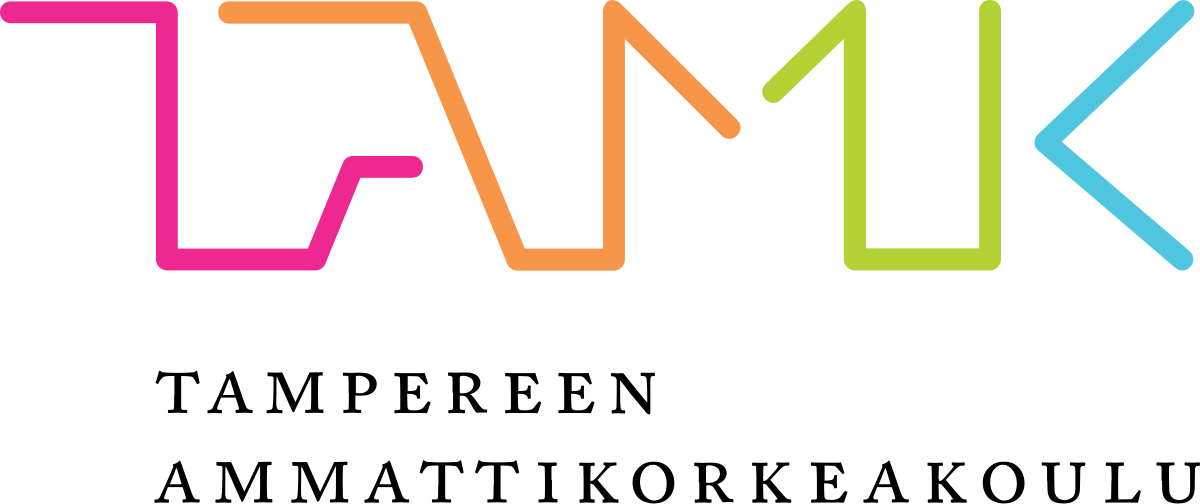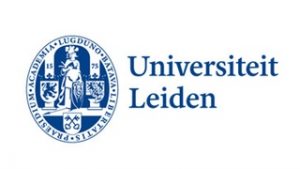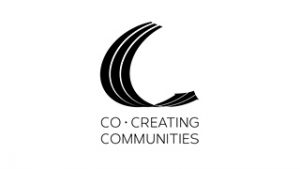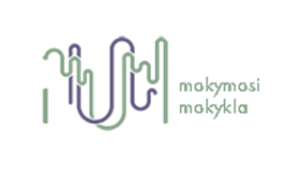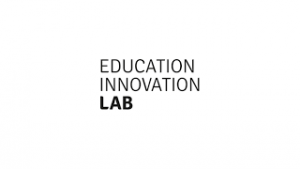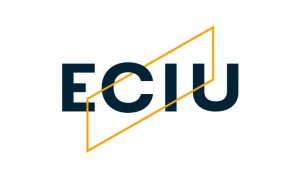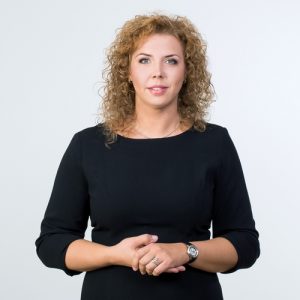
Challenge Based Learning
Challenge based learning (CBL) is the teaching/learning method when students and teachers work together while solving real-world problems (Education, 2011). Challenge based learning is based on the experiential learning; it encourages the cooperation between students and different stakeholders: scientists, business enterprises, public and non-governmental organisations with the purpose of defining substantial ideas, asking considered questions, identifying, investigating, proposing and implementing a sustainable solution in terms of environmental, social and economic factors (Rådberg et al., 2020). This learning method is based on the open education idea which is based on cooperation, clarity, relevance, involvement, encouragement, effectiveness and efficiency, and implemented with the use of digital tools, means and media (https://ec.europa.eu/jrc/en/open-education)
 STRUCTURE
STRUCTURE
The structure of the challenge based learning consists of three main stages: engagement, investigation and acting.
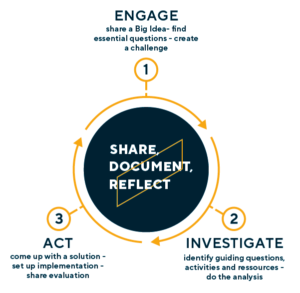
The engagement stage begins with the presentation of a “global idea”. The students are invited to ask questions to help them clarify their ideas and decide on a specific direction for the development of their solution. At this stage, it is very important to define and work with the idea that is beneficial to society.
At the investigation stage, the students analyse the specified idea deeper and ask additional questions to clarify the additional knowledge required to solve the challenge. At this stage, the students define the activities and resources that would facilitate the successful solving of the challenge. When the collected information is organised, the received data are analysed using various tools and the help of the mentors.
At the acting stage, the students use the analysis data to search for the solution of the challenge. They do it by creating prototypes, experimenting, consulting within the teams of students, with business, society, etc. When an appropriate solution is found, the action plan is made; the drawings, detailed descriptions are prepared for its implementation, the material and indicators are selected for the assessment of the benefits of this solution. After proper preparation, the solution is implemented. Afterwards, the results and success of its implementation are analysed.
 CHALLENGES AND THEIR TYPES
CHALLENGES AND THEIR TYPES
We are surrounded by various challenges in today’s world. Some challenges require our immediate response, and we search for solutions here and now (for example, COVID-19 pandemic); other challenges require a reserved approach, and we come to the search for their solutions step by step (for example, the depletion of natural resources). Just imagine, if every one of us would take responsibility and dared to contribute to solving the challenge.
Challenge – a situation, circumstance or another important element defined in one word, a sentence of a brief comment (for example, climate change, learning communities, etc.).
A challenge can be proposed by a social partner, a teacher or a team of students. While preparing a challenge, it is important for the challenge stimulate significant solutions which are based on innovations and creativity. It is important to identify the knowledge of which disciplines will be required for the students to solve the challenge, to forecast the possible failures and create a mechanism for their prevention.
The process of solving of the challenge promotes the development of technical and mathematic skills, strengthens teamwork and effective communication as well as the competencies of the 21st century. When choosing a challenge, it is important to define the duration of its solution and the scope of activities (workload), the involvement level, the depth of research and the level of activities when the challenge is both solved and implemented.
The most common classification of 4 types of challenges:
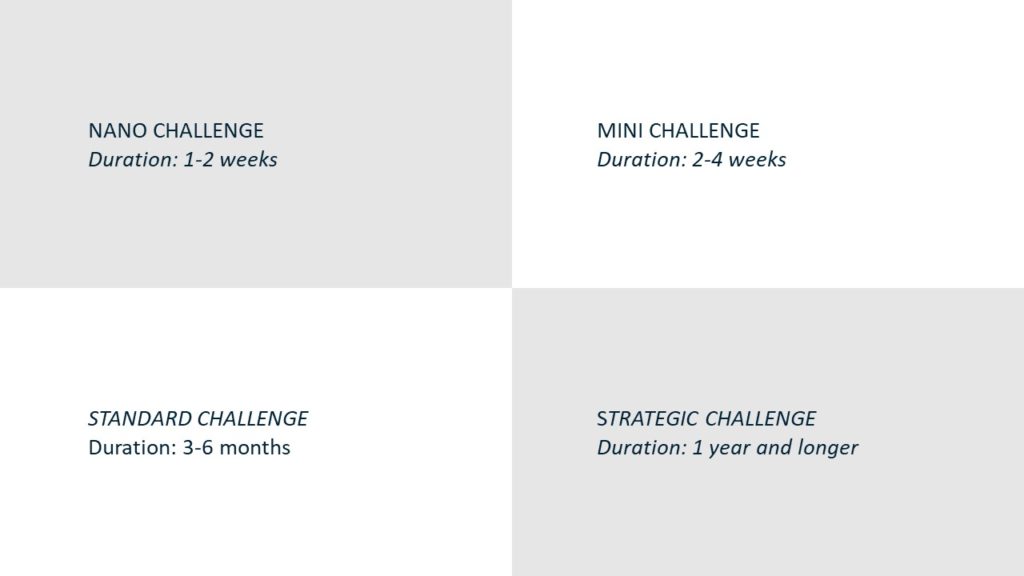
Sources: Digital promise. “Challenge Based Learning”.
Nano challenge is more similar to project based learning and takes 4-6 hours of classroom and 4-6 hours of the students’ individual work (Conde et al., 2019).
Mini challenge usually takes approximately 2-4 weeks, spending at least 40 hours working on the challenge; 20-30 of them in the classroom and the remaining 10-20 hours of students’ individual work (Conde et al., 2019).
Standard challenge – one-month or longer challenge including the intense work of the student in all the stages of the solving of the challenge. The final result of the solution of the standard challenge is an implemented challenge assessed by a respective environment. It is particularly suitable for the processes of studies when the challenge can be implemented within 3-6 months.
Strategic challenge – a challenge planned at the level of various institutions. The challenge is solved and implemented in 6-12 months or longer period. It is a complex and complicated challenge that requires significant involvement of students.
 SOLVING CHALLENGES
SOLVING CHALLENGES
Challenges can be solved in three methods:
- All teams of students solve the same challenge. The advantages of this method: the teams can meet to discuss the path they have chosen, why they have chosen one or the other method, it allows the teams that have chosen less successful methods for solving their task to change their process until the end of the challenge. This way, the students learn by making mistakes.
- All teams of students solve different challenges. It is suitable if challenges are small and there is a sufficient number of challenges.
- The teams of students solve the same challenge, but each team analyses different parts of the challenge. In this case, when the teams meet, they discuss the solutions they have made and whether they are approaching the joint solving of the challenge.
 TEAMS OF STUDENTS AND THEIR ROLE IN THE PROCESS OF SOLVING CHALLENGES
TEAMS OF STUDENTS AND THEIR ROLE IN THE PROCESS OF SOLVING CHALLENGES
Challenge based learning method enables the creation of the general learning environment including the students, teachers and social partners interested in the result of the solution of the challenge (Renz et al., 2019). Challenge based learning provides the students with the possibility to make contacts, create partnership networks with a team and the different stakeholders in the result of the solution of the challenge. While forming the teams at the beginning of the challenge based learning, it is important to consider the knowledge and competencies of the members of the team. The teams of students can be formed in various methods:
- the teams of students are established with regards to the project’s needs and their individual competencies;
- the teams of students are organised according to the requests of the students;
- the students form their teams independently for the solving of the challenge.
While organising the process of the challenge based learning, it is very important to allow the students to take responsibility for the challenge and the dynamics of the activities of the team.
 ASSISTANCE
ASSISTANCE
If you are interested in the challenge based learning, search for the answers to various questions – the experts of the challenge based learning will help you find the answers and integrate the challenge based learning in the study processes.
- Asta Daunorienė (consults on the challenge based learning didactic and methodology)
- Daina Gudonienė (consults on the issues of the open learning method)
- Jurgita Barynienė (consults on the challenge based learning didactic and methodology)
- Jurga Vitkuvienė (consults on the design thinking didactic and methodology)
- Vilma Sukackė (coordinates the activities related to the challenge provider)
You are kindly invited to join the ECIU University initiative and integrate the challenge based learning process in your study modules. Contact us: edu.lab@ktu.lt.
 Join our one-hour round table organized by ECIU Partner Hamburg University of Technology. The round table discussions will address questions, ask for the feedback, exchange ideas and promote teachers’ network. More information here.
Join our one-hour round table organized by ECIU Partner Hamburg University of Technology. The round table discussions will address questions, ask for the feedback, exchange ideas and promote teachers’ network. More information here.
 READINGS
READINGS
Nichols, M., Cator, K., & Torres, M. (2016). Challenge Based Learner User Guide. Redwood City, CA: Digital Promise.
Johnson, L. F., Smith, R. S., Smythe, J. T., & Varon, R. K. (2009). Challenge-based learning: An approach for our time (pp. 1-38). The New Media Consortium.
Jensen, E. (2008). Brain-based learning: The new paradigm of teaching. Corwin Press.
Conde, M. Á., Rodríguez-Sedano, F. J., Fernández-Llamas, C., Jesus, M., Ramos, M. J., Celis-Tena, S., … & García-Peñalvo, F. J. (2020, July). Exchanging Challenge Based Learning Experiences in the Context of RoboSTEAM Erasmus+ Project. In International Conference on Human-Computer Interaction (pp. 442-455). Springer, Cham.
Kohn Rådberg, K., Lundqvist, U., Malmqvist, J., & Hagvall Svensson, O. (2020). From CDIO to challenge-based learning experiences–expanding student learning as well as societal impact?. European Journal of Engineering Education, 45(1), 22-37.
 USEFUL LINKS
USEFUL LINKS
ECIU University
Edu Trends | CHALLENGE BASED LEARNING
Digital Promise
ColLab. ColLab is an ERASMUS+ Strategic Partnership about collaborating and sharing innovations in teaching and learning in higher education.

This informational webpage about Challenge-Based Learning is part of an Innovation of Education lab of ECIU university and a product of work package 3.
The European Commission’s support for the production of the ECIU University content does not constitute an endorsement of the contents, which reflect the views only of the authors, and the Commission cannot be held responsible for any use which may be made of the information contained therein.



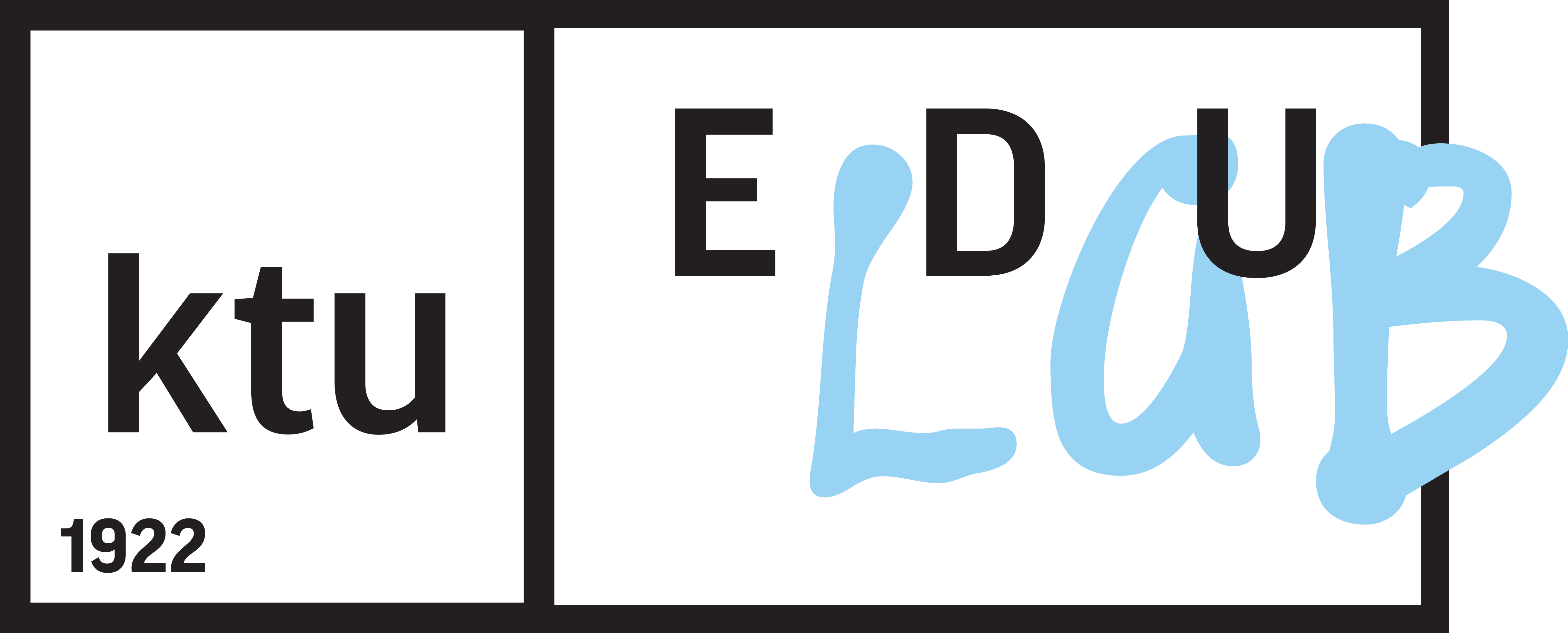

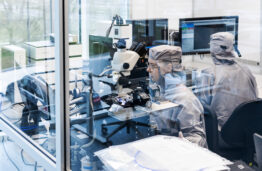



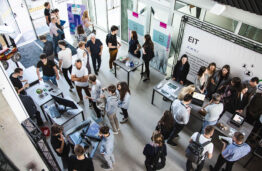
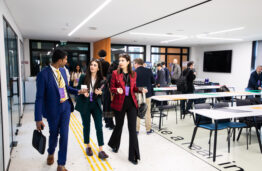
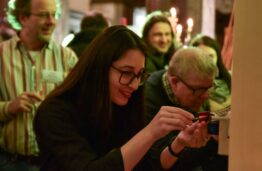

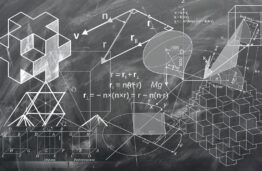

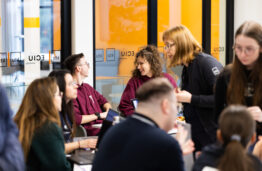
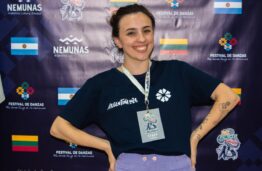

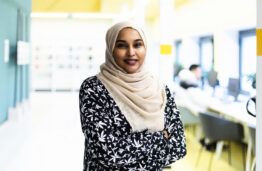
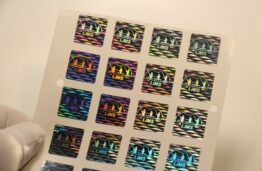
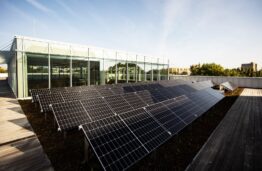

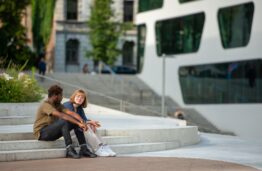


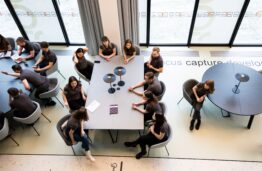
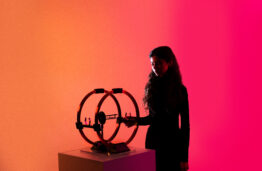

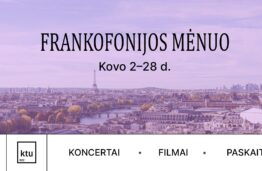
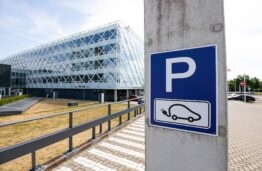



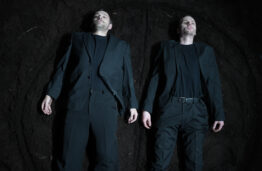
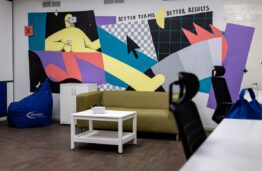
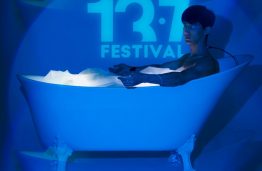

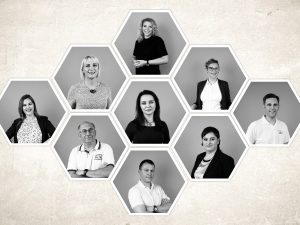
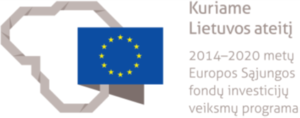
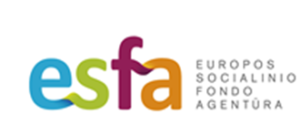

 STRUCTURE
STRUCTURE

 Join our one-hour round table organized by ECIU Partner Hamburg University of Technology. The round table discussions will address questions, ask for the feedback, exchange ideas and promote teachers’ network. More information
Join our one-hour round table organized by ECIU Partner Hamburg University of Technology. The round table discussions will address questions, ask for the feedback, exchange ideas and promote teachers’ network. More information 




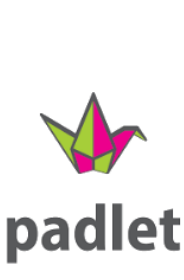

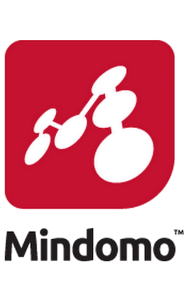
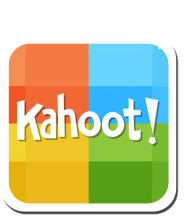
 Erasmus+ foundation
Erasmus+ foundation

